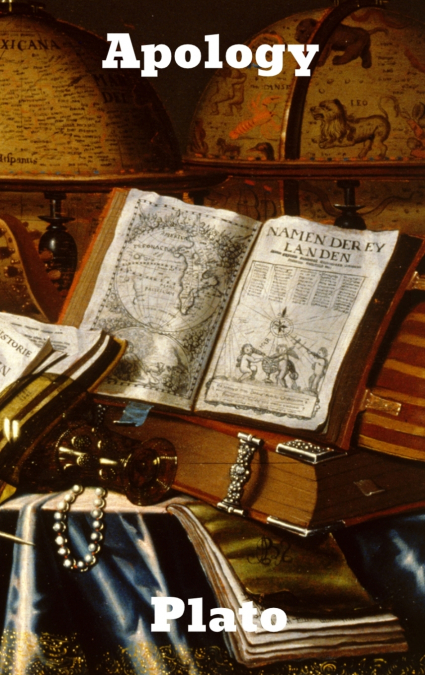
 Donde los libros
Donde los libros
 Librería 7artes
Librería 7artes
 Librería Elías (Asturias)
Librería Elías (Asturias)
 Librería Kolima (Madrid)
Librería Kolima (Madrid)
 Librería Proteo (Málaga)
Librería Proteo (Málaga)
The Apology of Socrates by Plato, is the Socratic dialogue that presents the speech of legal self-defence, which Socrates presented at his trial for impiety and corruption, in 399 BC. Specifically, the Apology of Socrates is a defence against "not believing in the gods in whom the city believes, but in other daimonia that are novel" to Athens.Among the primary sources about the trial and death of the philosopher Socrates (469–399 BC), the Apology of Socrates is the dialogue that depicts the trial, and is one of four Socratic dialogues, along with Euthyphro, Phaedo, and Crito, through which Plato details the final days of the philosopher Socrates.The Apology of Socrates, by the philosopher Plato (429–347 BC), was one of many explanatory apologia about Socrates's legal defence against accusations of corruption and impiety; most apologia were published in the decade after the Trial of Socrates (399 BC).[3] As such, Plato's Apology of Socrates is an early philosophic defence of Socrates, presented in the form of a Socratic dialogue. Although Aristotle later classified it as a genre of fiction,[4] it is still a useful historical source about Socrates (469–399 BC) the philosopher.Except for Socrates's two dialogues with Meletus, about the nature and logic of his accusations of impiety, the text of the Apology of Socrates is in the first-person perspective and voice of the philosopher Socrates (24d–25d and 26b–27d). Moreover, during the trial, in his speech of self-defence, Socrates twice mentions that Plato is present at the trial (34a and 38b).